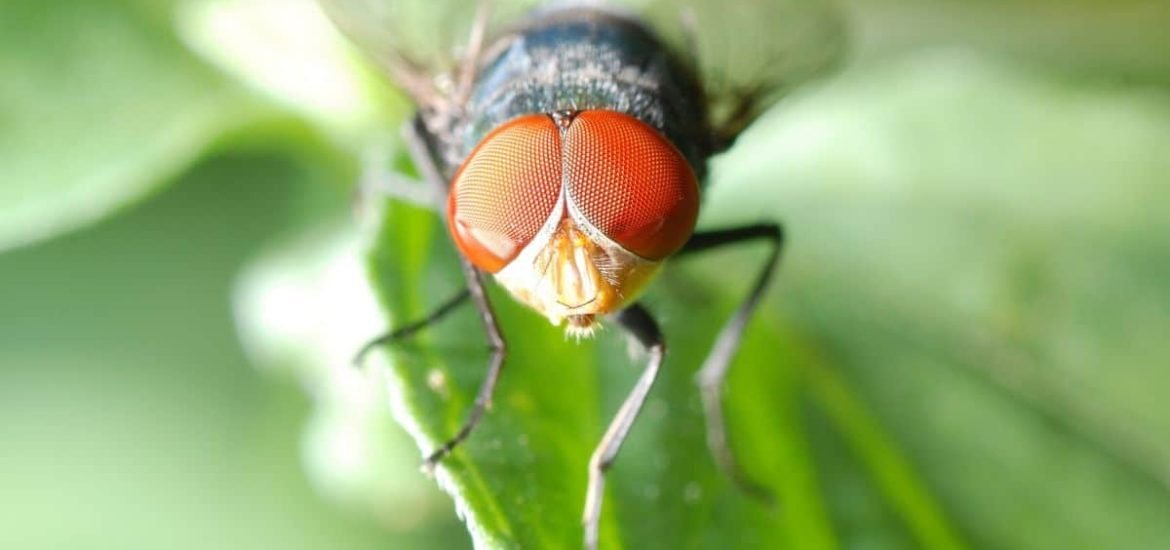
Over 70 scientists from around the world have banded together to release an urgent call to action to reverse rapidly declining insect numbers (1). In a letter published on 6 January in Nature Ecology & Evolution, the authors propose a global ‘roadmap’ for insect conservation and recovery.
Immediate action could reverse the catastrophic declines in abundance and diversity of insects, according to the scientists from Europe, North America, South and Central America, Asia, Africa, Oceania and Asia. In particular, reducing or eliminating human stress factors to insects such as habitat loss and fragmentation, the climate crisis, pollution, over-harvesting, and invasive species.
‘No-regret’ measures
Among the ‘no-regret’ measures to slow or halt insect declines are phasing out the use of synthetic pesticides and fertilisers, aggressive emission reductions, and prioritising nature-based farming methods. In addition, urgently reducing water, light, and noise pollution could have a significant impact.
Moreover, scientists must make it a top priority to establish which herbivores, detritivores, parasitoids, predators and pollinators are priority species for conservation. The authors also call for global assessments to monitor the status of insects.
Prof Jeff Harvey of the Netherlands Institute of Ecology and Vrije Universiteit Amsterdam, who initiated the letter, said: “As scientists, we want to gather all available knowledge and put it to action together with land managers, policymakers, and everyone else involved”.
“We hope that end-users and land managers now can use this roadmap in, for instance, farming, habitat management and urban development as a template for true insect recovery”.
‘Take action for insects’
The decline in insect numbers is very real. Over 40 per cent of insect species are at risk of extinction over the next few decades, mainly driven by habitat loss by conversion to intensive agriculture, in particular, the use of pesticides, as well as other chemical pollutants, invasive species, and climate change (2).
In a report prepared for the Wildlife Trusts in November 2019 as part of the Action for Insects campaign, conservationists laid bare the potential risks of this ‘unnoticed insect apocalypse’. Three-quarters of crops cultivated by humans depend on pollination by insects. Not only that, insects are the main source of food for many birds, small mammals, and fish. Indeed, many scientists warn we may be on the precipice of the sixth mass extinction.
Mounting evidence of plummeting insect numbers and repeated warnings about the threat of ‘catastrophic collapse of nature’s ecosystems’ due to rapidly declining insect numbers have led to increased public awareness.
In September 2019, the German government committed €100 million to an “action plan for insect protection”, which should “act as a clarion call to other nations across the world—especially wealthier ones—to follow suit”. The action plan includes measures to safeguard key habitats, restrict pesticides, reduce light pollution, and invest in research.
As the letter states: “Most importantly, we should not wait to act until we have addressed every key knowledge gap. We currently have enough information on some key causes of insect decline to formulate no-regret solutions whilst more data are compiled for lesser-known taxa and regions and long-term data are aggregated and assessed”.
(1) Harvey, J. A. et al. International scientists formulate a roadmap for insect conservation and recovery. Nature Ecology & Evolution (2020). DOI: 10.1038/s41559-019-1079-8
(2) Sánchez-Bayoa, F. and Wyckhuys, K.A.G. Worldwide decline of the entomofauna: A review of its drivers. Biological Conservation (2019). DOI: 10.1016/j.biocon.2019.01.020